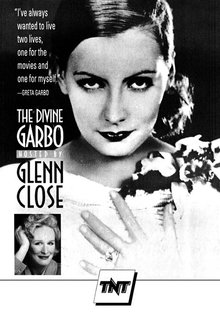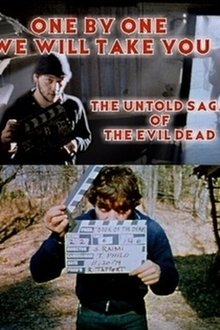A portrait of the visionary Dutch artist M. C. Escher (1898-1972), according to his own words, taken from his diary, his correspondence and the texts of his lectures.
Related Movies
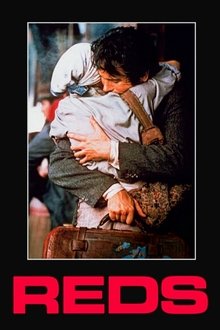
Reds (1981)
An account of the revolutionary years of the legendary American journalist John Reed, who shared his adventurous professional life with his radical commitment to the socialist revolution in Russia, his dream of spreading its principles among the members of the American working class, and his troubled romantic relationship with the writer Louise Bryant.
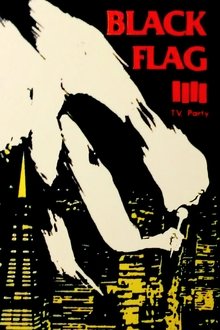
Black Flag: TV Party Target Video (1983)
TV Party Music Video - (Live @ Target SF 1981) Rise Above - Thirsty & Miserable -Depression - American Waste - Fan greeting in Bologna, Italy 1979 - Revenge (San Francisco 8-20-80) - Jealous Again - Chuck (mock) interviews Dez & Henry - Rise Above (repeat)
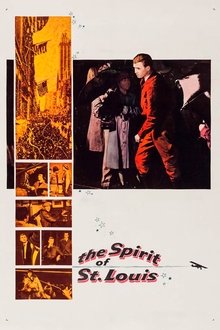
The Spirit of St. Louis (1957)
Charles Lindbergh struggles to finance and design an airplane that will make his 1927 New York to Paris flight the first solo trans-Atlantic crossing.

De caballos y guitarras (2024)
A musical, and also a reflection on watching, on trying to escape an anthropocentric gaze and also on watching itself in cinema. Featuring mares and horses: Triana, Víctor K, Bambi Sailor, San Special Solano, Buck Red Skin, Onkaia, Cool Boy, the donkey Agostino, the mule Guapa. And also Alfredo Lagos, Raül Refree, María Marín, Pepe Habichuela, Virgina García del Pino, María García Ruiz, Pilar Monsell, María Pérez Sanz.

André Chénier (1910)
The life of French poet André Chénier, precursor of the Romantic movement, who was guillotined during the Revolution aged only 31.
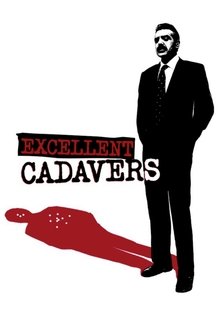
Excellent Cadavers (1999)
Palermo, Sicily, 1984. Examining magistrate Giovanni Falcone allies with Tomasso Buscetta, a former mobster, to defeat the clan of Corleone, the ruthless Mafia faction that rules Cosa Nostra with an iron hand, cruelly eliminating all those who dare to oppose its immense power: other criminals, policemen, judges, even innocent civilians. One of them wants revenge, the other wants justice. But only one can survive such an unequal fight.
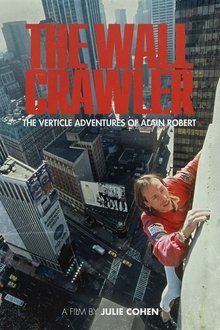
The Wall Crawler: The Verticle Adventures of Alain Robert (1998)
A breathtaking look at The French Spiderman, Alain Robert, a lone climber who scales tall buildings, bridges and cliffs all over the world. His physical training and climbing technique allows him to climb using window sills and frames. From its height of 180 meters, the Citigroup Center in Chicago will be the first of a long series of more than 170 buildings that Alain Robert will climb.
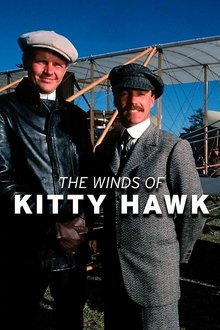
The Winds of Kitty Hawk (1978)
The story of the Wright Brothers and their efforts to invent, build, and fly the world's first successful motor-operated airplane.
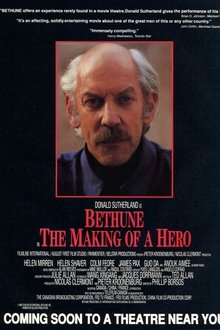
Bethune: The Making of a Hero (1993)
True story of Norman Bethune, a medical doctor who fought for justice in China during Mao's rise to power.
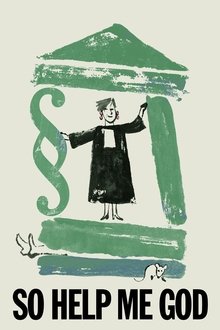
So Help Me God (2018)
Some 20 years ago, two sex workers were murdered in an upper-class Brussels neighborhood. Celebrated Belgian magistrate Anne Gurwez decides to revisit this cold case, pouring over the evidence with the use of new technologies and tracking down then-suspects.

Antonio Lopez 1970: Sex Fashion & Disco (2018)
Sex Fashion and Disco is a documentary film concerning Antonio Lopez (1943-1987), the most influential fashion illustrator of 1970s Paris and New York, and his colorful and sometimes outrageous milieu.
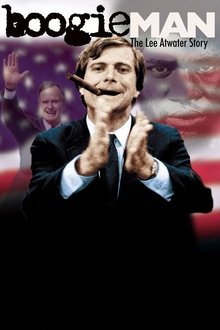
Boogie Man: The Lee Atwater Story (2008)
Boogie Man is a comprehensive look at political strategist, racist, and former Republican National Convention Committee chairman, Lee Atwater, who reinvigorated the Republican Party’s Southern Strategy to increase political support among white voters in the South by appealing to racism against African Americans. He mentored Karl Rove and George W. Bush and played a key role in the elections of Reagan and George H.W. Bush.
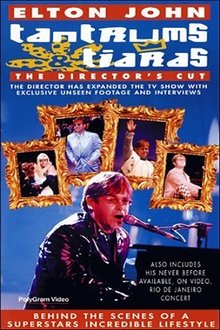
Elton John: Tantrums & Tiaras (1997)
Unprecedented access into one of the world's greatest musical talents and his larger than life lifestyle: Elton John. With frank, funny, and touching filmmaking, this documentary is a fascinating and honest look at the complex character of a modern day composer and performing artist.
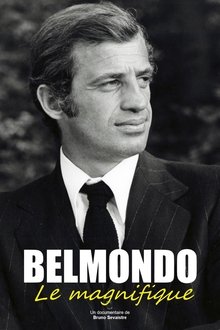
Belmondo, le magnifique (2017)
With more than 70 films and 160 million cumulative tickets in France, Jean-Paul Belmondo is one of the essential stars of French cinema.
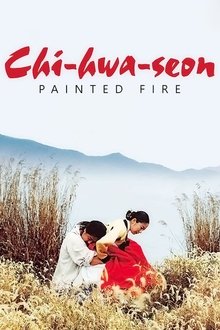
Painted Fire (2002)
In a time of political and social unrest in 19th century Korea, uncouth, self-taught painter Jang Seung-up explores his natural talent amidst the repressive world around him.

The Young Victoria (2009)
As the only legitimate heir of England's King William, teenage Victoria gets caught up in the political machinations of her own family. Victoria's mother wants her to sign a regency order, while her Belgian uncle schemes to arrange a marriage between the future monarch and Prince Albert, the man who will become the love of her life.
